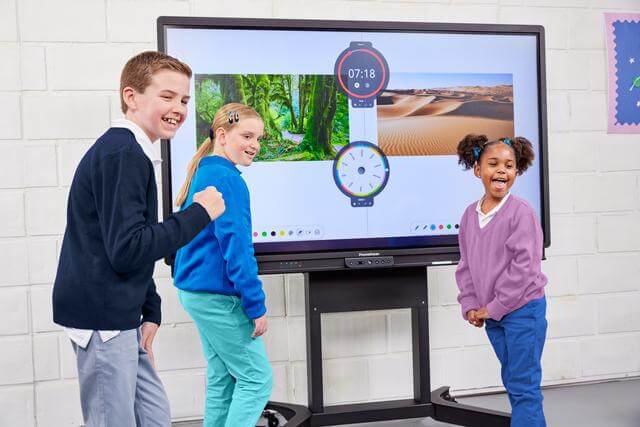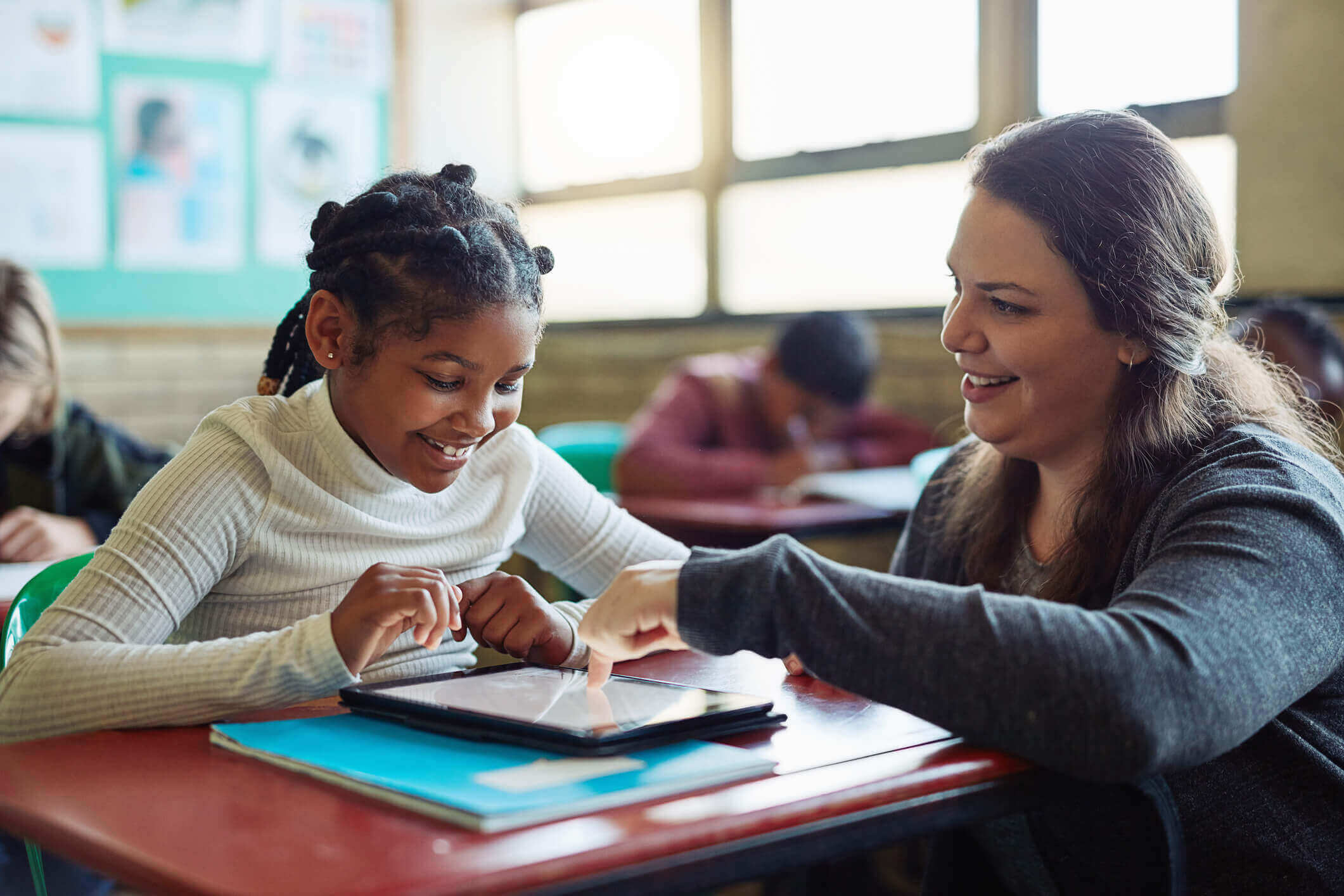Research shows that play-based learning enhances children’s academic and developmental learning outcomes, so it’s no surprise that the introduction of play-based learning in early education is gaining momentum. New South Wales recently announced plans to reform early learning by introducing a free, optional additional year of play-based education before students join primary school for kindergarten and it’s expected that other regions may follow suit.
But what does this mean for young students? To put it simply, play-based learning helps children to make sense of the world around them by engaging in experiences which develop their language and social skills.
Play-based learning is an excellent way to ease the transition into primary education as it involves both child-initiated and teacher-supported learning. Teachers take an active role in guiding childrens’ interactions in play so students who are not yet ready for formal academic instruction won’t feel overwhelmed or demotivated, but still engaged in undoubtedly important learning.
Encouraging play using the ActivPanel
Providing materials and opportunities for children to explore and experiment is crucial to play-based learning, and with young learners arriving at school more tech literate than ever utilising technology is a great place to start.
For example, using the ActivPanel which is equipped with accessible games and apps including built-in classroom essential apps can help to facilitate group experiences from a young age. The interactive display enables students to engage in flexible and higher-level thinking processes through problem solving, analysing, evaluating, and applying knowledge and creativity.
But it’s not all about edtech, encouraging play-based learning is most effective when tech resources and hands-on teacher support are deployed simultaneously. Using play-based learning, the teacher can bring the child’s awareness towards mathematics, science, and literacy concepts in an accessible manner, allowing them to engage with such topics through practical learning.
However you wish to introduce play-based learning to the classroom, its benefits to childrens’ development are an extremely effective way to develop their understanding of their surroundings and introduce academic learning to young students without overwhelming them.
To find out more about ways in which technology can be utilised in education, check out this recent article about the rise of virtual learning environments: https://staging.prometheanworld.com/au/resource-hub/blogs/the-rise-of-virtual-learning-environments/




